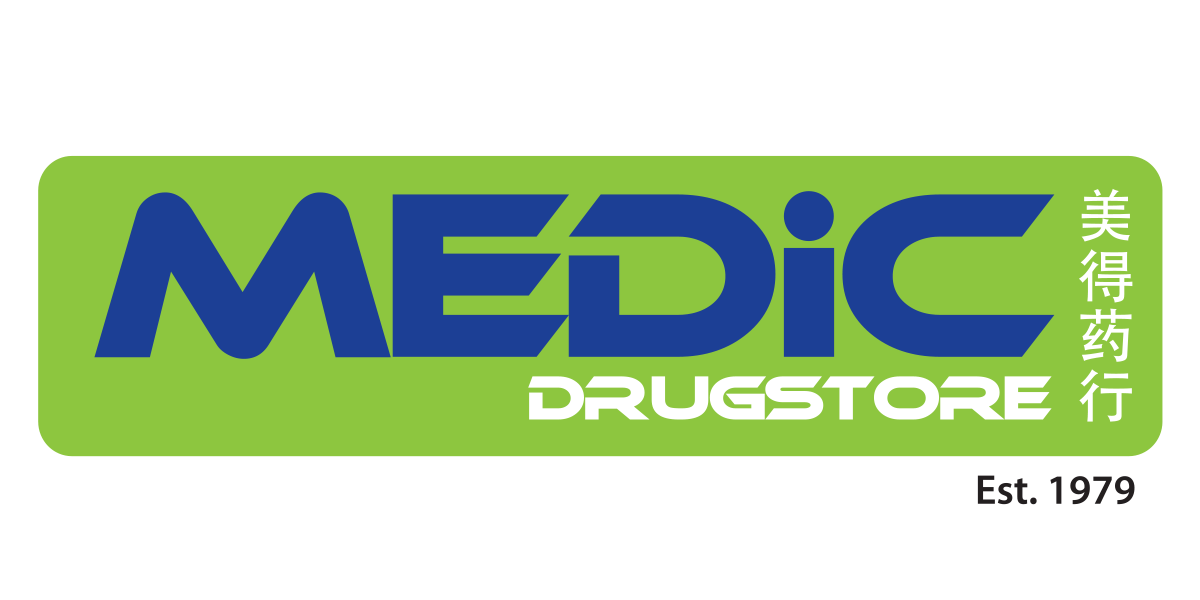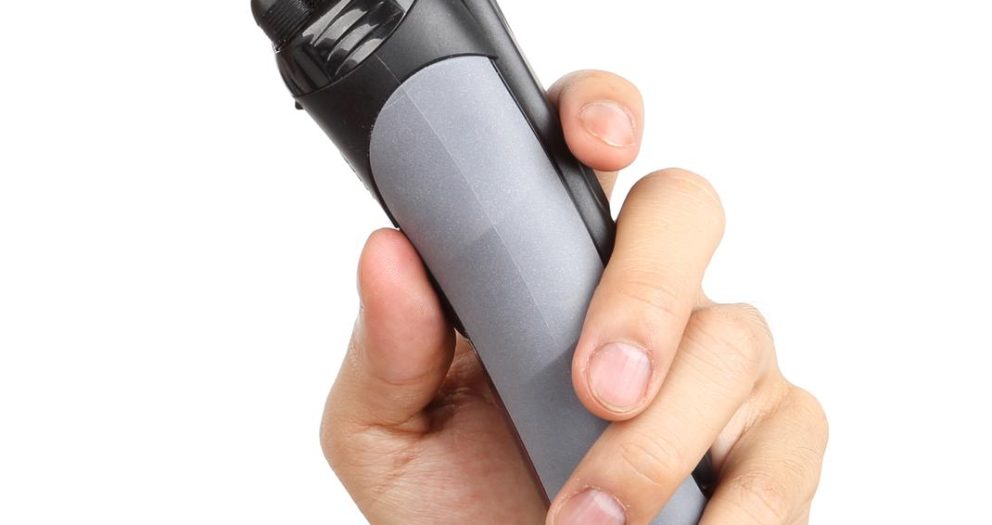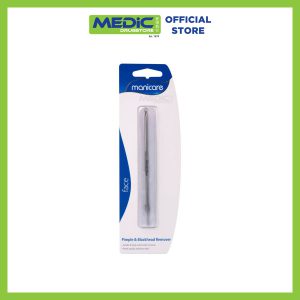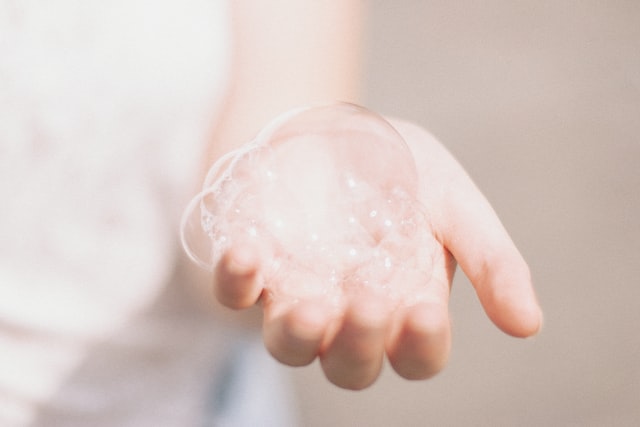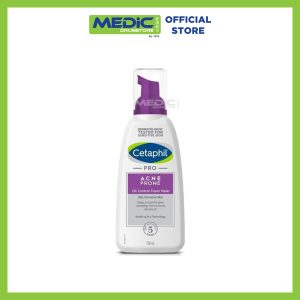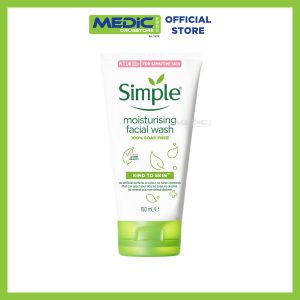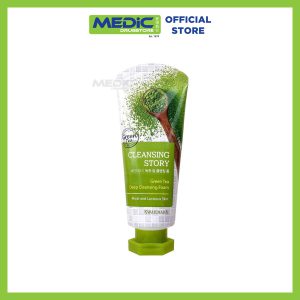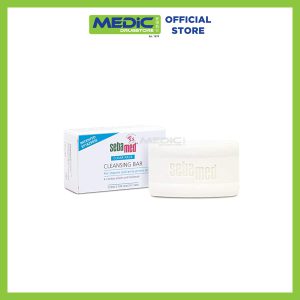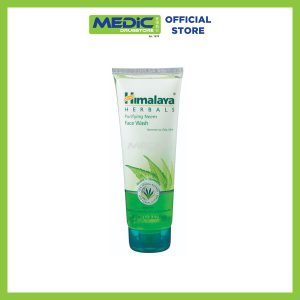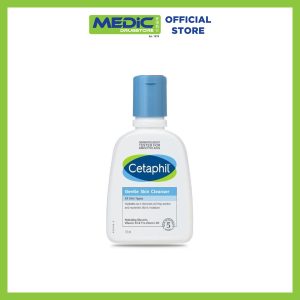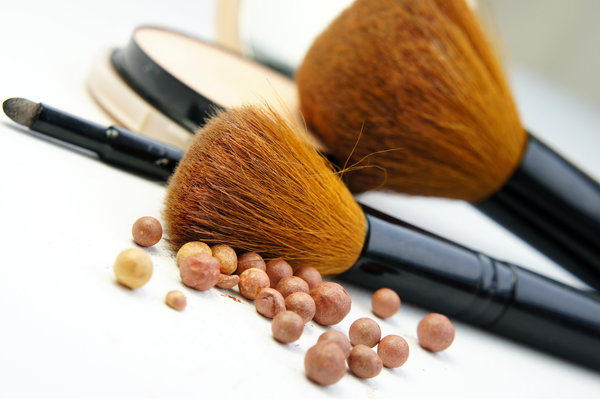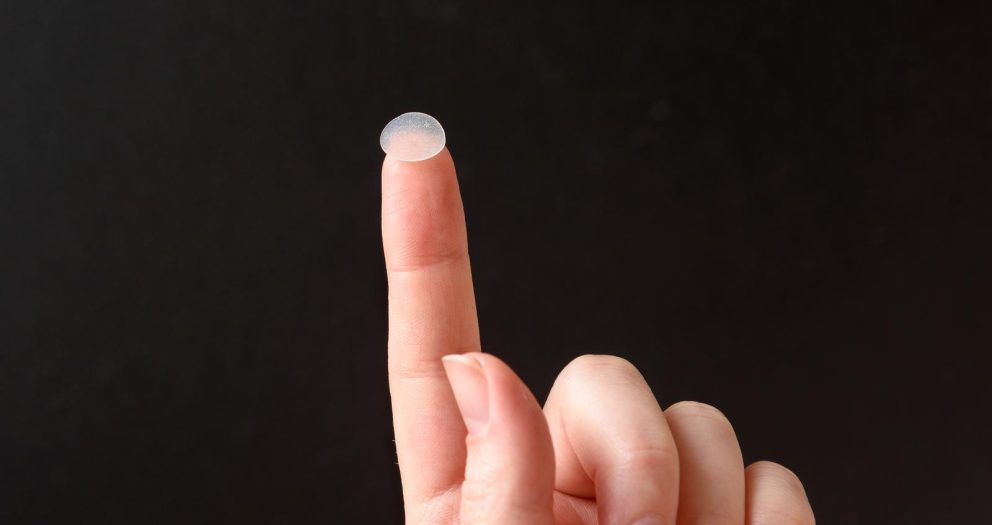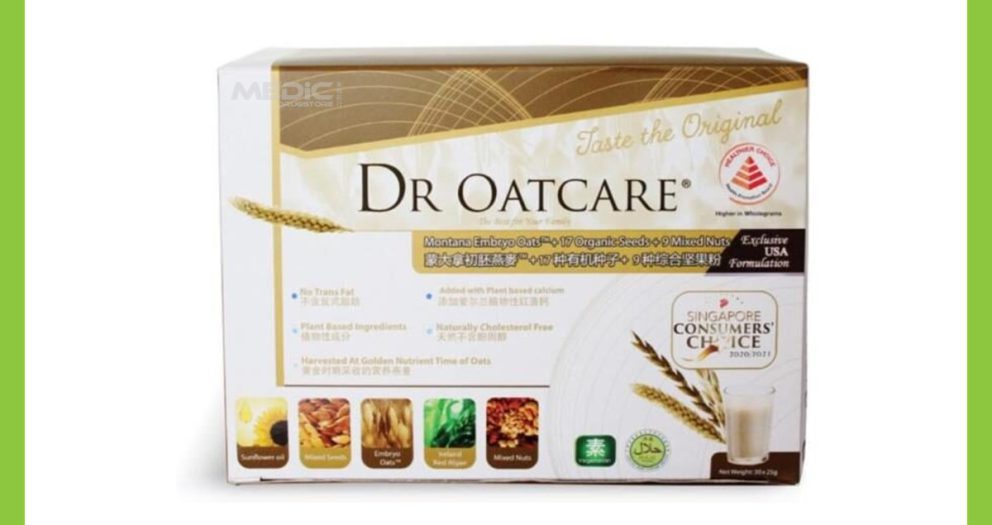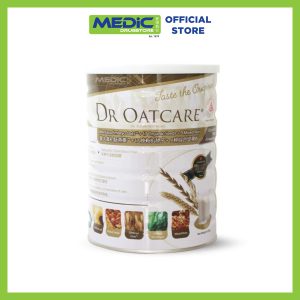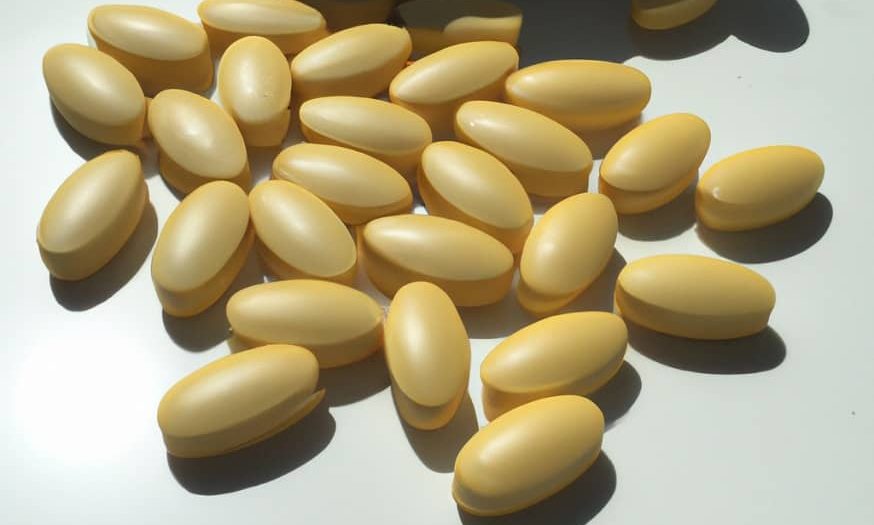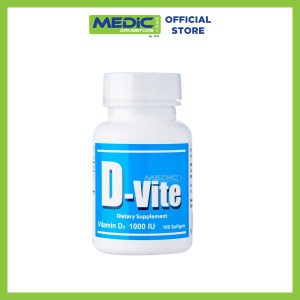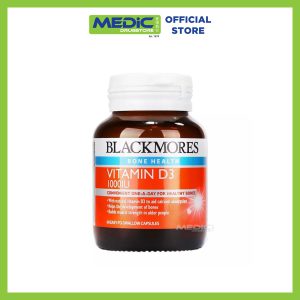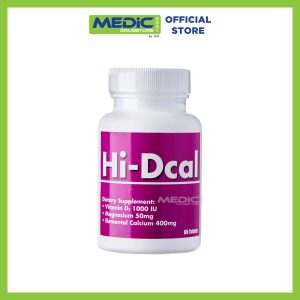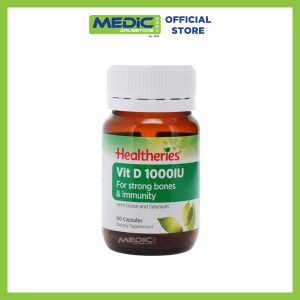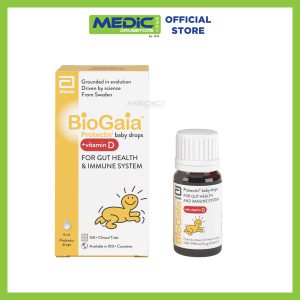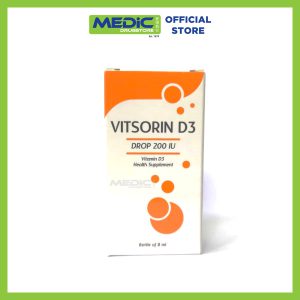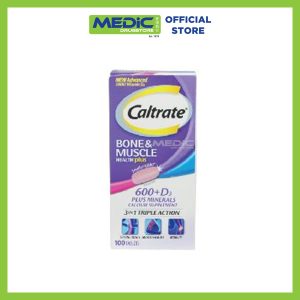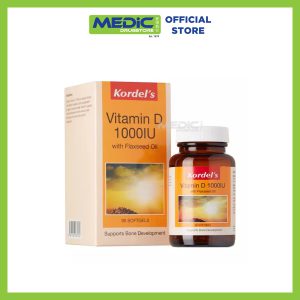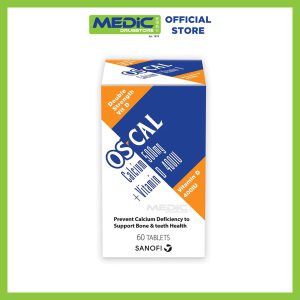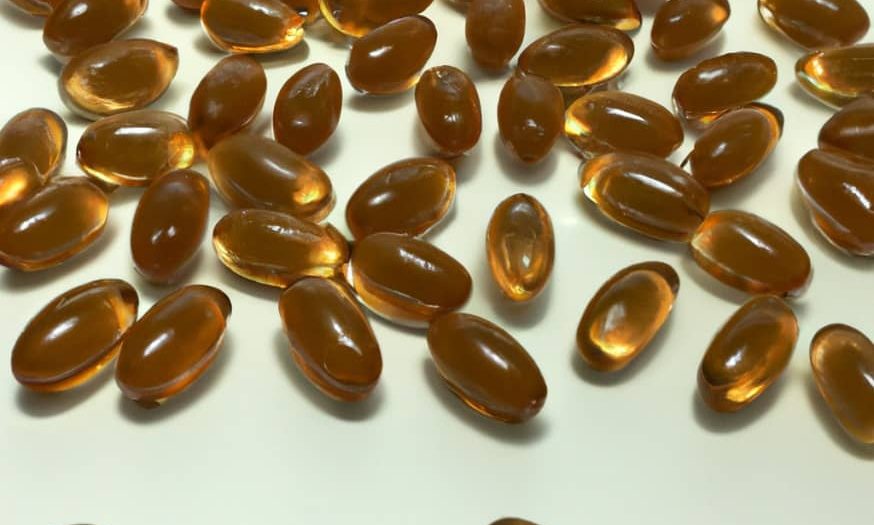Are Electric Razors Better For Acne Singapore
Are electric razors better for acne? This question has been a topic of debate among people who suffer from acne and are looking for ways to manage their condition. Acne is a common skin problem that affects people of all ages and can be caused by a variety of factors, including hormones, genetics, and environmental factors. Shaving can also play a role in the development and management of acne, which is why many people with acne are turning to electric razors as a potential solution.
But are electric razors really better for acne-prone skin? Switching to a high-quality single-blade or electric razor can reduce acne irritation and inflammation, even if the shave isn't as smooth as a multi-blade razor.
In this article, we'll explore the pros and cons of using electric razors for acne and help you make an informed decision about whether they're the right choice for you. So, let's dive in and find out if electric razors are the solution you've been looking for!
Can Electric Shaver Prevent Acne?
Acne is a skin condition that occurs when hair follicles become clogged with oil and dead skin cells. These clogged follicles can then become infected with bacteria, leading to the formation of pimples, blackheads, whiteheads, and other types of blemishes. Acne can be caused by a variety of factors, including hormonal changes, genetics, and environmental factors such as stress, diet, and hygiene.
When it comes to shaving, the act of dragging a razor across the skin can irritate and inflame the skin, exacerbating acne symptoms. Multi-blade razors, in particular, can be especially irritating as they can pull and tug at hairs and remove more than just the top layer of skin, potentially causing additional irritation.
Additionally, shaving can disrupt the skin's natural barrier, which can allow bacteria to penetrate the skin and cause infection. This is especially true if you shave too aggressively or with a dirty razor.
To manage acne, it's important to take steps to minimize skin irritation and inflammation. This includes choosing the electric razor and using correct shaving technique, as well as using skincare products that are gentle and non-irritating.[Source]
By being mindful of these factors, you can help reduce the likelihood of acne breakouts and improve the overall health and appearance of your skin.
Benefits of Electric Razors for Acne
Electric razors are a type of razor that uses rotating or oscillating blades to cut hair. Unlike traditional razors, electric razors do not require the use of shaving cream or water and are designed to be used dry. There are two main types of electric razors: foil razors and rotary razors.
Foil razors feature a series of blades that are covered by a thin metal foil. When the razor is turned on, the blades move back and forth rapidly, cutting hairs that are caught between the blades and the foil. Foil razors are generally better for precision shaving and are particularly good for shaving straight lines and edges.
Rotary razors, on the other hand, feature circular cutting heads that rotate rapidly to cut hairs. The cutting heads on rotary razors are typically made up of three or four individual blades that can move independently of each other.
Rotary razors are better suited for shaving larger areas and can be more efficient for covering a lot of ground quickly.
Compared to traditional razors, electric razors have several advantages. They are generally less likely to cause skin irritation and razor burn, as they do not require the use of shaving cream or water.
Additionally, electric razors are generally faster and easier to use, as they can be used without the need for additional products or tools. Finally, electric razors are generally safer than traditional razors, as they are less likely to cause nicks and cuts.
However, there are also some potential downsides to electric razors. They are generally not as effective at providing a close shave as traditional razors, and may not be suitable for people with particularly thick or coarse hair.
Furthermore, electric razors can be more expensive than traditional razors, and may require regular maintenance to keep them functioning properly.
Downsides of Electric Razors for Acne
Here are some downsides when considering electric razors for acne.
- Less Smooth: Electric razors are generally less effective at providing a close, smooth shave than traditional razors, which may be a concern for some people.
- Expensive: Electric razors can be more expensive than traditional razors, and may require regular maintenance to keep them functioning properly.
- Limited Options: Electric razors come in a limited range of styles and options, which may make it difficult to find one that is right for your individual needs and preferences.
5 Useful Tips for Using Electric Razors on Acne-Prone Skin
If you decide to use an electric razor to manage your acne-prone skin, there are several tips you can follow to ensure the best results. Here are some key tips to keep in mind:
- Clean Your Razor: Keeping your razor clean is essential for preventing bacteria buildup that can lead to infections and acne breakouts. Make sure to clean your razor thoroughly after each use, and replace the blades or foils as needed.
- Use a Gentle Touch: Even with an electric razor, it's important to be gentle and avoid pressing too hard or dragging the razor over your skin. This can cause irritation and inflammation, which can exacerbate acne symptoms.
- Avoid Over-Shaving: Over-shaving can strip the skin of its natural oils and disrupt its protective barrier, which can lead to dryness, irritation, and inflammation. Try to limit your shaving to every other day or every few days, and avoid shaving over areas that are already inflamed or irritated.
- Use a Pre-Shave Lotion: Applying a pre-shave lotion or oil can help lubricate the skin and reduce the risk of irritation and inflammation. Look for a non-comedogenic product that won't clog pores or contribute to acne breakouts.
- Follow up with a Soothing Aftershave: After shaving, it's important to follow up with a gentle, soothing aftershave or moisturizer. Look for a product that is designed for sensitive or acne-prone skin, and avoid anything that contains alcohol, which can dry out and irritate the skin.
By following these tips, you can help minimize skin irritation and inflammation while achieving a smooth, comfortable shave. However, it's important to remember that everyone's skin is different, so it may take some trial and error to find the right combination of products and techniques that work for you.
